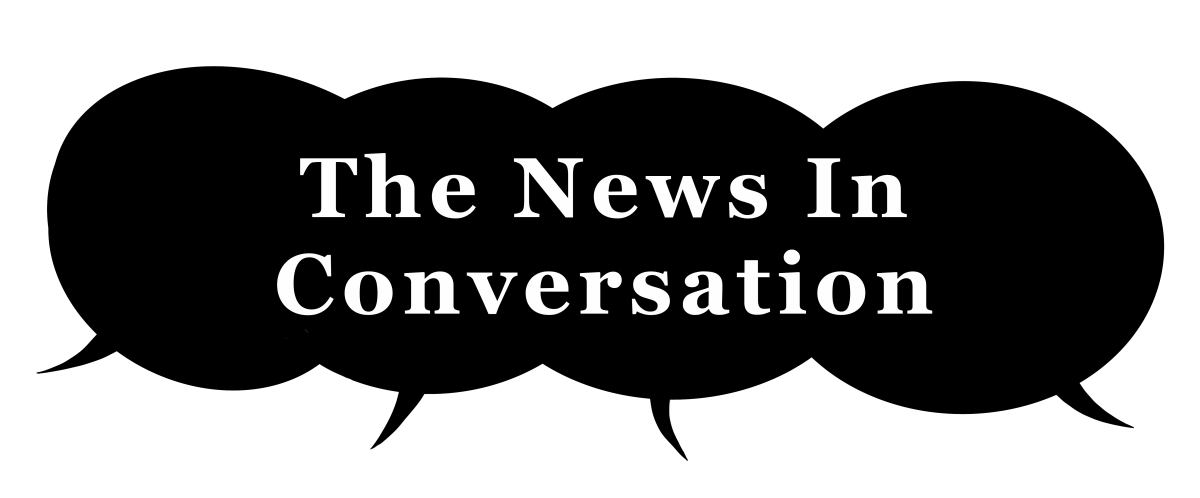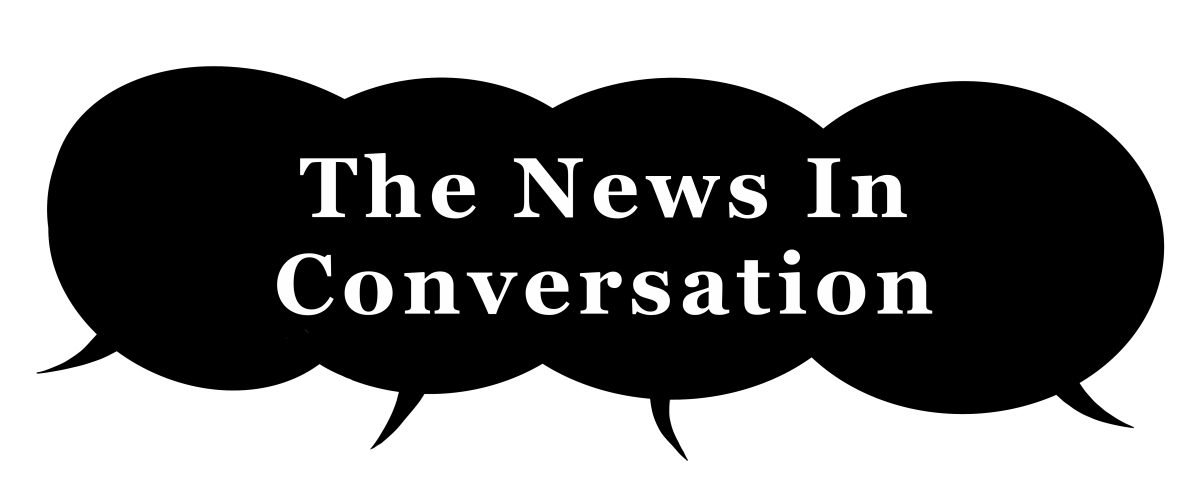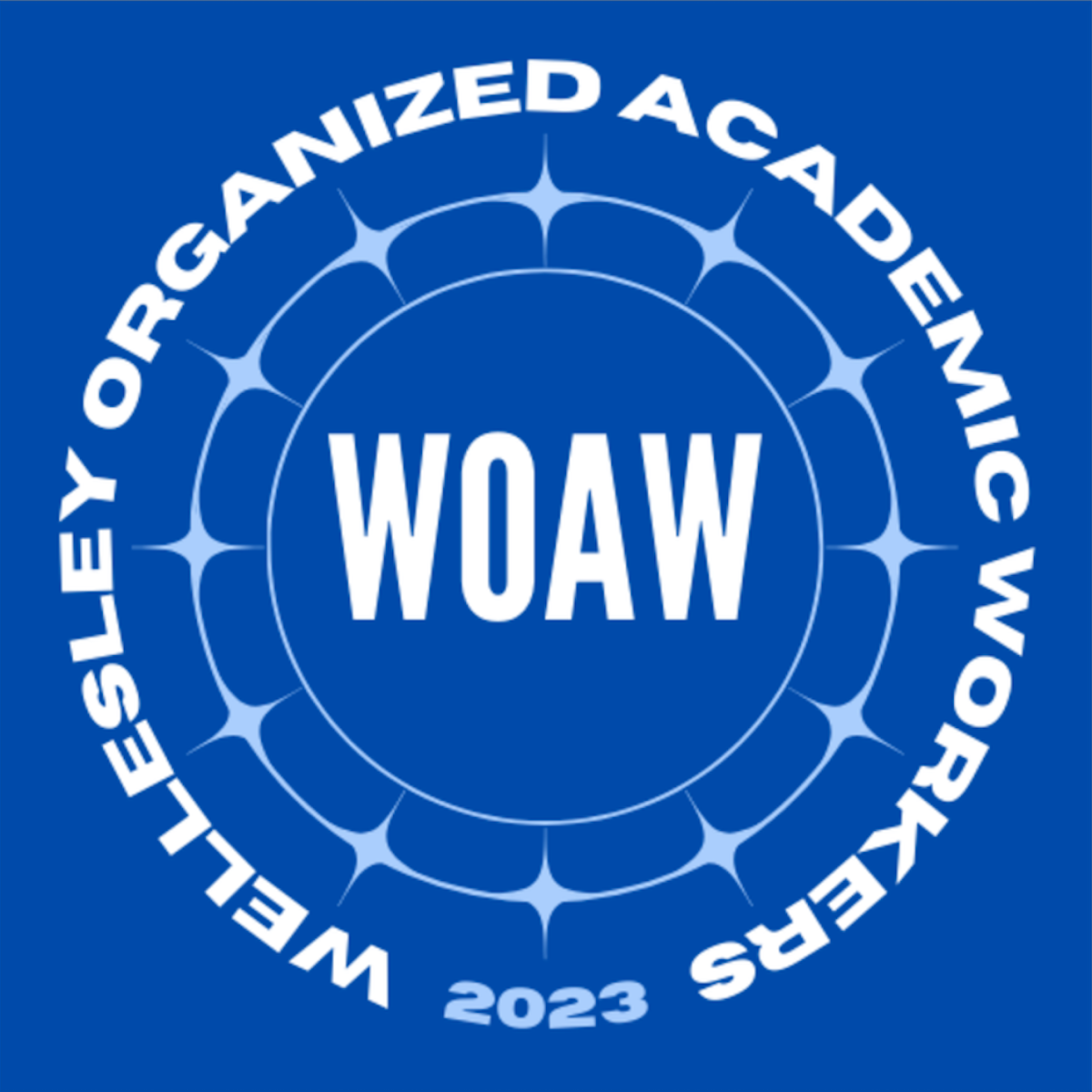Welcome to the third edition of The News in Conversation. In every iteration of this column, The Wellesley News will pose a series of questions to a group of students on campus and publish the answers. If you have any suggestions for who we should reach out to next, email [email protected].
This edition features voices from Wellesley Students of Education. The answers to these questions were written by current members of the organization. Answers were lightly edited for grammar and formatting.
1). What is the Elementary Teacher Licensure Program and what are its benefits?
The Wellesley Teacher Scholars Program (WTSP) encompasses both the Elementary and Secondary Teacher Licensure Programs; these opportunities have, for many years, allowed WTSP students to complete their teacher licensure by the time they graduate. Traditionally, this means that WTSP students spend the majority of their final semester at Wellesley as a student teacher at a local school, and can begin teaching immediately after finishing their undergraduate degree. The education department offers a variety of courses for WTSP cohorts to learn both technical teaching skills and pedagogy rooted in the educational justice movement. While both programs are structured similarly, the administration currently plans to keep the Secondary Teacher Licensure Program and “sunset” (phase out) the Elementary Teacher Licensure Program (ETLP).
This type of opportunity for licensure is quite rare in the US, as aspiring teachers usually have to spend time in a teacher preparation or graduate program after getting their bachelor’s degree. Both licenses save students a huge amount of time and money, allowing them to immediately look for jobs in a high demand field. Additionally, the certification provided through the WTSP holds reciprocity with most other states, meaning that graduates can search for and accept positions throughout the country (rather than being limited to the Commonwealth of Massachusetts). Student teaching also acts as internship experience, which can bolster a resume and provide insight into working with children that can be valuable to many fields beyond teaching.
2). How have/will the decisions of the administration to sunset the Elementary Teacher Licensure Program affect students in the department? Are you aware of how the administration came to this decision?
The Office of the Provost and Education Department are currently working together to ensure that current ETLP students are able to complete their licensure as promised; as of now, the teaching methods courses designed for ETLP students are planned to be offered for the last time during the 2022-2023 academic year. This means that ETLP students that are currently first-years and sophomores will have to take those courses next year, despite them mostly being intended for seniors. Prospective and incoming students will not have the opportunity to join the ETLP, despite this decision being made with little time before the College commitment deadline in May. Students that are Education Studies or Teaching and Learning Studies majors/minors will not be directly impacted, but the loss of these courses may disrupt their academic planning nonetheless.
At this time, we have received little communication from the administration in regards to their reasoning behind this decision (despite asking many times). The most commonly cited point is the low enrollment in the program, but we have not been provided with the data or timeline used to make this claim.
3). How does the group feel about Wellesley’s general treatment of the education department?
As education studies majors, we share a deep love for the Wellesley education department and its amazing faculty. We have been offered extraordinary mentorship, exciting job opportunities, and impactful lessons from the education professors, and it’s very difficult to find anyone who has had a negative experience with the department. Despite the education studies major only being created in 2019, the department has experienced high popularity and rapid growth; this is really exciting and demonstrates the value of the department to so many students, but the administration has refused to provide adequate support to meet this growth. The chair of the department, Professor Soo Hong, is the only tenure track professor, despite departments of similar size having anywhere from three to eight. This means that the department’s faculty are expected to keep up with advising 66 students, managing the WTSPs, teaching full courses and conducting their own research, all while being denied the recognition, stability and compensation afforded to tenure-track professors. Until now, the administration has not been responsive to requests for hiring additional faculty or opening additional courses (despite the clear demonstrated need). Even when putting the ETLP aside for a moment, we feel that this wonderful group of professors deserves more. We have received an outpouring of support from current and former students that similarly cherish their experiences with the department, many of them (ourselves included) crediting the faculty’s teaching and mentorship with leading them to milestones in their professional, academic, and personal lives. Wellesley Students of Education seek to show that above all else, we love and value our education professors as a community, and believe that administrative support should reflect that.
4). What sort of actions would you like to see the College take to create an improved experience for students in the Education department?
Above all, we cannot get very far without more transparency. We have not been told how the decision to sunset the ETLP was made, who was involved, what data was referenced, or how these resources will be reallocated to support the needs of the growing department. We have many arguments as to why this decision is a poor choice: many of the first education studies majors are only just beginning to take upper level courses and therefore aren’t included in enrollment numbers; the pandemic has drastically changed the expectations of education and teaching, understandably prompting students to make changes in their academic plans; student teaching was difficult to organize over the last few years, which could’ve deterred prospective ETLP students; with all of these factors in mind, it seems hasty to make a permanent change in such a tumultuous period of time. However, without the administration providing their reasoning, we are left in the dark as to whether or not these were considered or disputed.
The Office of the Provost has communicated to faculty that they planned to reach out to prospective students who indicated an interest in the ETLP, and the website has been updated to reflect the change. While we hope that this prevents any prospective ETLP students from committing to Wellesley solely because of this opportunity, we believe that there needs to be a more deliberate and public statement issued. The meetings to discuss this decision have not been advertised, and it is generally not being discussed outside of EDUC courses. This excludes students (both prospective and current) who may have interest in the ETLP but haven’t officially expressed it anywhere, members of the community who wish to advocate for the program and alumni. If the administration plans to make this decision, we believe that they should take accountability and address the concerns of those who are directly affected.
5). What future plans does this student group have to prevent the College from ending the Elementary Teacher Licensure Program? How can Wellesley students not directly affected take action?
As of now, we are still waiting on a response from the Office of the Provost after sending our letter and petition last week. Depending on the response (if any), there may be plans to further organize in the future and involve more of the larger Wellesley community; if this does happen, we hope to widely communicate this via all school email and our COIL. As of now, we invite you to read over our letter and sign our petition! There are cute posters all over campus (thank you to Carolyn and Clem for their design expertise!) with QR codes to access the documents. We have also compiled a number of testimonials shared with us by students and alumni; they’re all very touching and convey the long term impact of the education department, so go read some if you can. If students want to send emails to show support, they can address them to Dean Jeffries and/or the Office of the Provost. Finally, take some EDUC courses! They are always super fun and interesting, and increased enrollment demonstrates an additional need for more courses and professors in the department.








